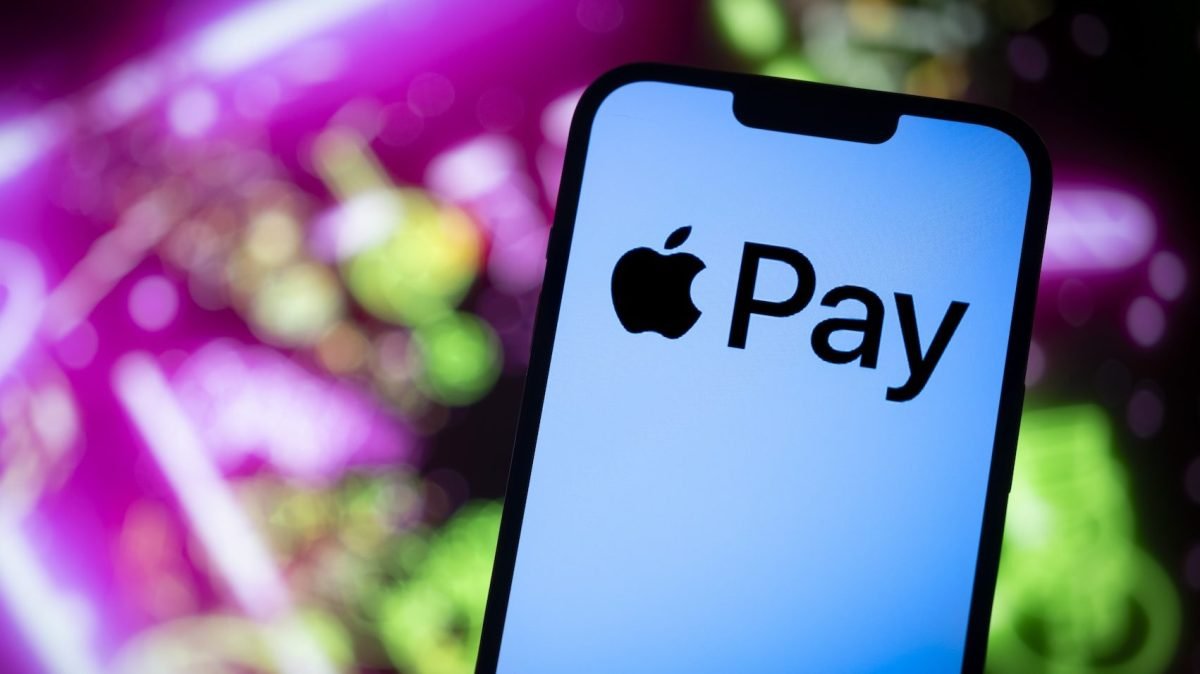As Apple faces down the barrel of a U.S. Department of Justice’s (DOJ) antitrust lawsuit, it seems Europe may have been left out of the equation. Europe is barely mentioned in the complaint, but the one time it does make an appearance is in regards to Apple’s control over its digital wallets, NFC, and mobile payment technology within the iOS ecosystem.
The European Union (EU) filed charges against Apple in May 2022, accusing the company of “abusing a dominant position” with its mobile wallet by restricting access to the iPhone’s contactless NFC payment functionality for rival services. In response, Apple proposed to allow third-party mobile wallet and payment services to access NFC on iOS without charge, in an attempt to appease European regulators. Now, the DOJ wants to join the action.
The DOJ filed a complaint in the U.S. District Court of New Jersey, citing with the EU’s claim that Apple unfairly favors its own mobile payment technology, leaving third-party developers with no choice but to comply. The complaint specifically states that Apple’s “complete control” over tap-to-pay transactions stunts innovation and reinforces its monopoly.
There is no technical limitation on providing NFC access to developers seeking to offer third-party wallets.
Apple also acknowledges it is technically feasible to enable an iPhone user to set another app (e.g., a bank’s app) as the default payment app, and Apple intends to allow this functionality in Europe.
This mention of Europe highlights the differing approaches between two jurisdictions attempting to regulate a major platform controller.
Categories
The DOJ’s complaint against Apple focuses on five broad categories, including “super apps.” According to the DOJ, Apple has impeded the development of these “fundamentally disruptive” apps that would allow developers to offer multiple features and mini-programs in one app.
Cross-platform smartwatch compatibility is another area of contention, with the DOJ claiming that Apple restricts certain features from third-party smartwatch makers. The issue of cross-platform messaging has also made its way onto the list of complaints. The DOJ argues that Apple “protects its smartphone monopoly” by making iMessage exclusive to iOS, while also hindering other cross-platform messaging apps. The well-known “message bubbles” that differentiate iMessage texts sent between iOS and Android users is also mentioned.
It’s important to note that while Europe considered forcing Apple to make iMessage interoperable with third-party messaging apps, it ultimately decided against it.
Additionally, the DOJ accuses Apple of preventing developers from offering cloud gaming apps. This means that developers are forced to create games specifically for the iPhone, utilizing powerful hardware, instead of using remote servers to “stream” the games to any device. In January, Apple announced that it would allow game-streaming services like Xbox Cloud on its platform, but the DOJ believes that Apple still makes it difficult for developers to monetize their games, requiring them to use Apple’s payment system and make adjustments to their design specifically for the iPhone.
Apple’s rules and restrictions effectively force developers to create a separate iOS-specific version of their app instead of creating a single cloud-based version that is compatible with several operating systems, including iOS. As a result, developers expend considerable time and resources re-engineering apps to bring cross-platform apps like multiplayer games to the iPhone.
Notably, the DOJ does not mention Apple’s anti-steering practices, for which Europe recently fined the company €1.84 billion. These practices involved preventing iOS app developers from informing their users of cheaper subscription options outside of the App Store. Spotify has long been a vocal critic of this practice and is currently testing the limits of Europe’s new Digital Markets Act, which includes provisions against anti-steering.
While there are certainly similarities in the issues being addressed by both the DOJ and Europe regarding Apple’s alleged monopoly and anti-competitive behavior, there are also differences in the specific areas of concern. However, it seems that NFC, digital wallets, and mobile payment technology are where both jurisdictions align most closely.









[…] regulators are accusing Apple of operating like a monopoly, and the implications of the case stretch far beyond iOS and iPhones […]